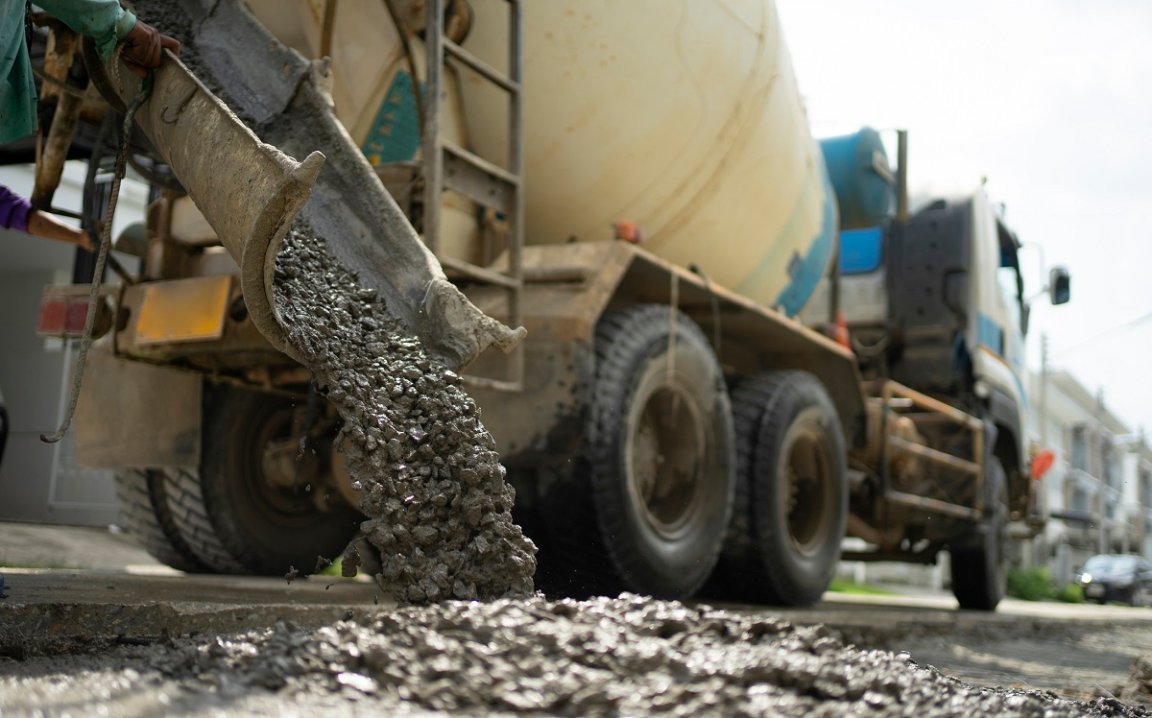
Double Shot
Concrete just got an unexpected pick-me-up.
As detailed in a new study published in the Journal of Cleaner Production, researchers have discovered that concrete can be made nearly 30 percent stronger by partially substituting coffee grounds for sand.
And why not? By some estimates, 15 million tons of spent coffee grounds are produced each year, and most of it just ends up in landfills. That’s a lot of biowaste that could be put to better use, in the eyes of the researchers.
“The inspiration for our work was to find an innovative way of using the large amounts of coffee waste in construction projects rather than going to landfills — to give coffee a ‘double shot’ at life,” said study lead author Rajeev Roychand, a materials scientist at RMIT University in Australia, in a statement.
Breaking Grounds
Making the stuff a worthy additive takes some finetuning.
Untreated, the grounds will actually weaken concrete they’re mixed with, so the researchers prepared them using a process called pyrolysis. By heating the coffee grounds at either 660 or 932 degrees Fahrenheit in a furnace deprived of oxygen for two hours, their weak organic matter is stripped away, leaving behind a refined substance called biochar.
The two temperatures of biochar were added into Portland cement at increasing proportions, replacing sand — the go-to concrete filler — by up to 20 percent of its typically used volume.
From there, the varying mixtures were poured and cured, and the resulting blocks had their compressive strengths tested via x-ray diffraction and scanning electron microscopy.
The perfect blend? Coffee grounds pyrolyzed at 662 degrees, replacing 15 percent of sand — resulting in just over a 29 percent boost to compressive strength.
Sayonara, Sand
The discovery could help kick our infrastructure’s sand habit, the researchers believe, in a boon to conservation efforts worldwide. According to a UN study, around 50 billion metric tons of the stuff is extracted each year.
“The ongoing extraction of natural sand around the world — typically taken from river beds and banks — to meet the rapidly growing demands of the construction industry has a big impact on the environment,” study co-author Jie Li, a civil engineer at RMIT, said in the statement.
Li and his team claim they already have the attention of several groups in the industry. From here, the researchers will have to figure out how to make their coffee-infused concrete a practical alternative.
More on hard science: Scientists Use DNA to Construct Material Lighter and Stronger Than Steel